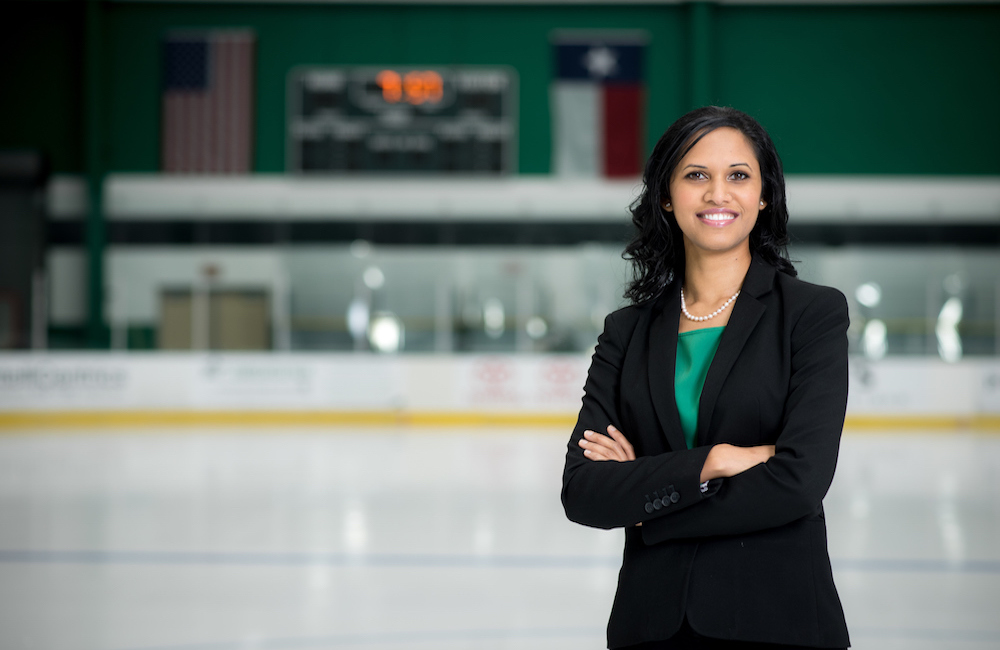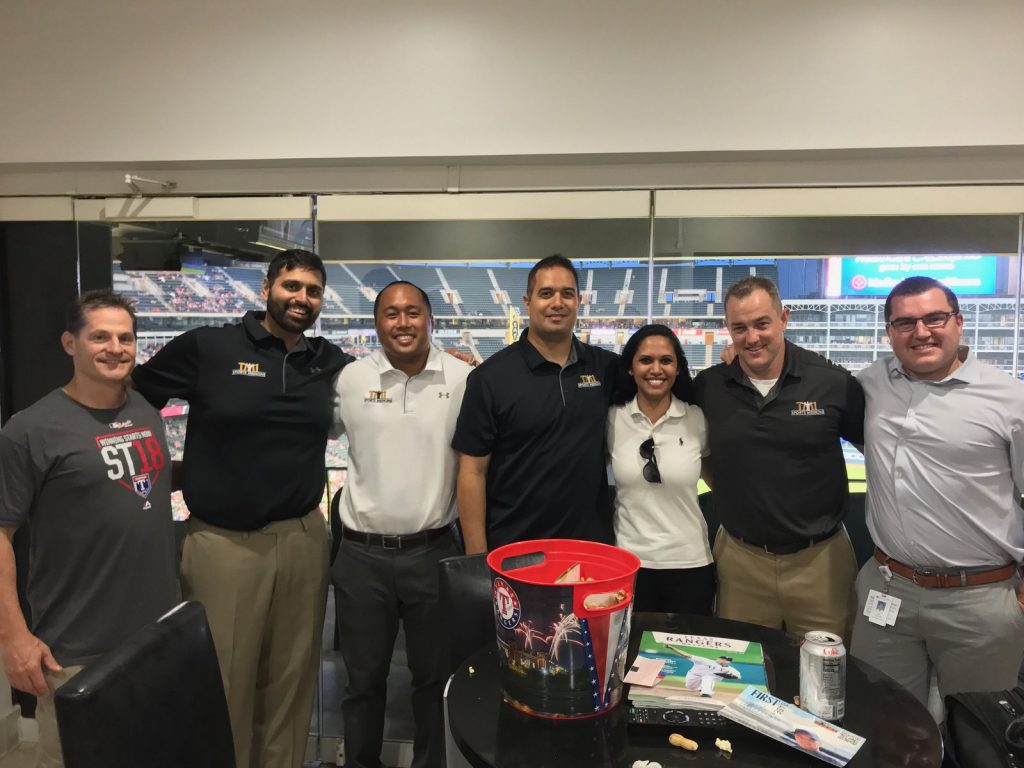
Typically, second-generation children have easier lives compared to their first-generation immigrant parents. Unlike our parents, who immigrated from another country without family and/or financial support, we did not build a life from scratch. However, the values and cultural influences from back home were instilled in us. Our parents gave us three standard rules to live by:
- You had to work hard in academics and make straight A’s. Absolutely no exceptions.
- You were going to become a professional. No negotiations.
- No distractions were allowed because the expectation was that you were going to lead a more successful life than your parents.
Sounds pretty harsh? Not by our parents’ perspective. In all fairness, they made sacrifices to give us a better life. My story is no exception.
My parents immigrated to the United States in the 1980s, for which my grandparents had provided full financial support. Leaving all family members behind in India, my parents started a brand new life. My father was a Fulbright scholar who pursued his doctoral degree in organic chemistry while my mother gave him full support. After they became well established, along came me. I was raised with both Western and Eastern values and kept touch with my Indian heritage. My grandmother, being the head of the family, insisted that I was going to become a doctor. Coincidentally, I had interest in the field, so no objections arose.
Throughout my academic career, the expectation was set by my parents that I was to get A’s in all my classes. My parents had made sacrifices to establish a life in the US, so naturally, the standards were high, especially in the areas of math and science. However, I did have a healthy social life and played all sorts of sports ranging from cricket to ultimate frisbee. I lived on getting an adrenaline rush by being active and engaging in various types of physical activity as well as becoming competitive in winning games. The friendships and teamwork developed while being involved in sports.
Unfortunately, I did see my teammates get injured and sometimes not be healthy enough to return to sport. This left a lasting impression on me as I wondered how they could be helped in terms of injury prevention and continuing to be kept healthy. Though I played sports recreationally, my goals of getting accepted into medical school were not deterred. I was the first in the family to become a doctor.
Like other medical students, I explored different opportunities in medicine. For once, I actually felt lost as my parents used to provide guidance, but this was an unknown realm. I loved all aspects of medicine and could not settle on one specific field. Finally, I chose family medicine. Once I entered residency, I got in touch with a graduating senior who would be entering a sports medicine fellowship. This peaked my curiosity and enticed me to explore this field further. A whole new world opened up for me. Never in my dreams could I have imagined that both of my passions could be combined. My mentors and educators cultivated this interest and encouraged me to pursue my dreams.
During this journey, I gained exposure to professional sports with the Dallas Stars. I will never forget the day my mentor trusted me to cover their game during the training years. The medical team was very supportive of my abilities and embraced me as a team member. Later on, I was lucky to land a job where I had the responsibility of handling their medical care. In general, everyone talks about the challenges that a female faces in the medical field, especially in sports as it is typically considered a male-dominated specialty. As a female, there are challenges to not only be taken seriously but also be held in the same regard as your male counterparts.
However, that experience was different for me and it is all due to my mentors. They held me to the same standard as others undergoing training as I was expected to be knowledgeable and capable of treating patients. At various points in my training, they completely trusted my ability to diagnose and manage elite athletes while reassuring patients that they were in good hands under my care. People who succeed in their respective fields tend to help others based on a person’s abilities.
My parents are engaged in learning with me as I evolve in my career as a South Asian female in sports medicine. So far my experience has been positive as I work in a private practice group, TMI Sports Medicine and Orthopedic Surgery, where my colleagues are highly supportive of my endeavors. Occasionally, there are patients who underestimate me due to the fact that I am a young female physician who does not operate. However, I only see this as an opportunity to showcase my knowledge and abilities.

Even my family friends, who are physicians of different specialties, are gaining an understanding of what it truly means to be a primary care sports medicine physician. A majority of them were previously unaware of the specialty and thought that I only treated athletes. I explained that my role is much more than “just treating athletes.” It involves nonoperative management of orthopedic cases such as osteoarthritis as well as performing procedures like ultrasound-guided injections and regenerative medicine. I do game coverages for various sports and events, but the scope of practice extends beyond this to concussion management and injury prevention and rehabilitation.
My background and upbringing were not a limitation. In fact, they served me well. Because I was motivated, the expectations and standards were highly placed. For that, I am thankful and blessed that certain individuals made me strive to reach my potential. Maybe the three standard rules could be flexible, but it is the values and influences that the first-generation families experience that cause their definition of success to become narrow in scope. As second-generation immigrant children, we have the broad exposure and scope of seeking out various opportunities and redefining the meaning of success. As for me, I will continue to learn and evolve in my career. Being a brown girl in sports medicine means blazing a trail for other women and empowering them to seek opportunities and expand beyond the expectations and limitations set by their environment.




